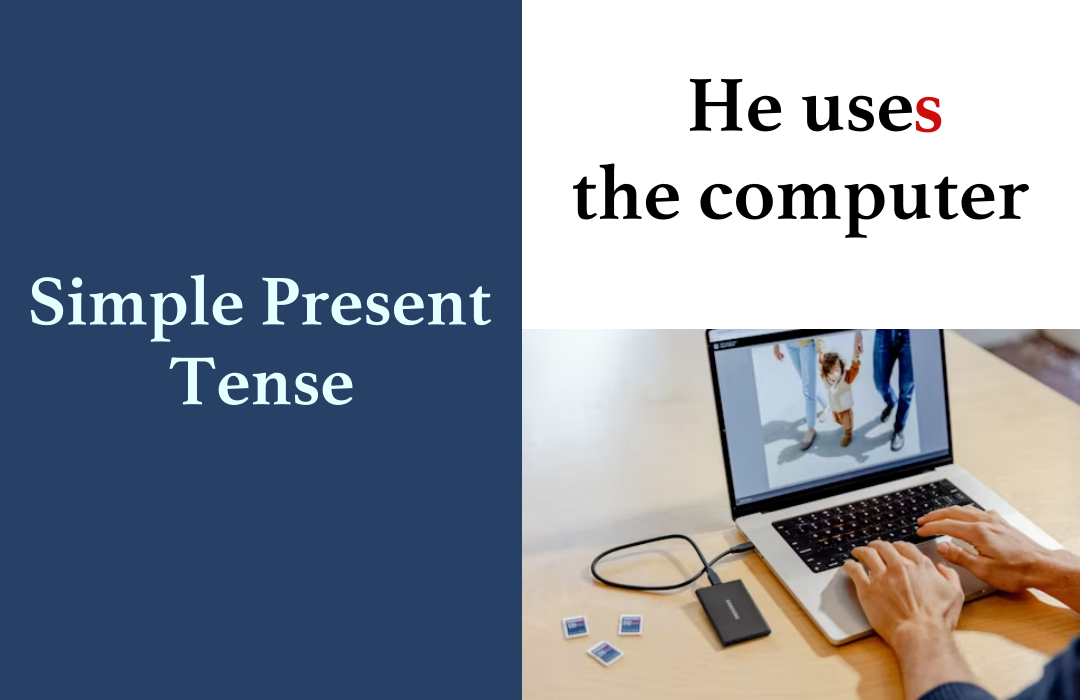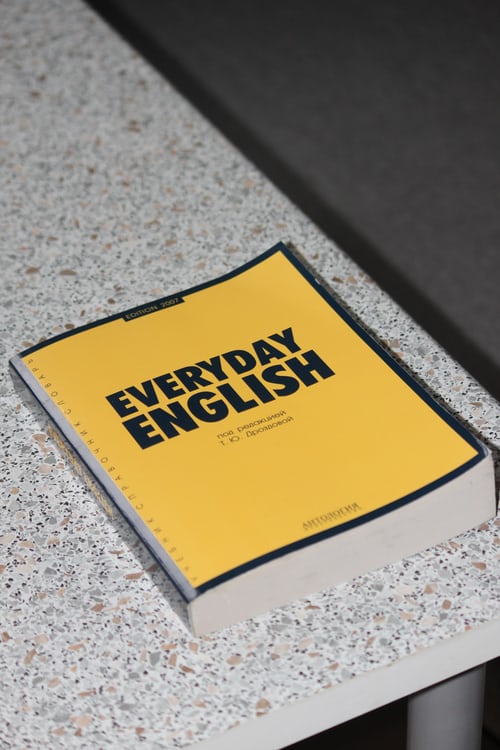1. Forms
| Affirmative | Negative ( not) | Interrogative( Question) |
| Rule: Subject+ have/has+ verb in past participle | RuleSubject+ have/has+ not+ verb in past participle | Rule has/have+ Subject+ verb in past participle? |
| – I have revised my lessons – You have worked – He has played – She has listened to pop music – It has taken another step forward – We have hitchhiked – You have thought – They have defended human rights | – I have not revised my lessons – You have not worked – He has not played – She has not listened to pop music – It has not done the dishes – we have not hitchhiked – you have not thought – They have not defended | – Have I revised my lessons? – Have you worked? – Has he played tennis? – Has she listened to music? – Has it moved? – Have we hitchhiked? – Have you thought? – Have They defended human rights? |
2. Uses
1. unfinished actions or states or habits that started in the past and continue to the present. Usually we use it to say ‘how long’ and we need ‘since’ or ‘for’. We often use stative verbs.
Examples
Thank you for reading this post, don't forget to subscribe!- I have been in this city since last year..
- She’s lived in Morocco for three years.
- I’ve known him for three years.
2. Life experience
Talking about actions or events you have done or you have never done before. Time is not important to be mentioned and the doer of the action needs to be alive now. We often use the words ‘ever’, ‘never’, yet ‘still’ here.
Examples:
- Have you ever been to France?
- Ahmed has already had a car.
- Have you finished your homework?
3. With an unfinished time word (this month, this week, today). The period of time is still continuing.
Examples:
- She has read the entire book this month.
- She’s drunk three cups of coffee today.
- I’ve already moved house twice this year!
4. It is also used to express an event that has occurred repeatedly from one point in the past up to the present time. The event may happen again
Examples:
- She had had three tests so far this term.
- The lawyer has sent him three letters so far.
- I have met many people since I came here.
5. To talk about a recent action or event, even if there isn’t a clear result in the present. This is common when we want to introduce news and we often use the words ‘just / yet / already / recently’.
Examples:
- He has just arrived.
- The have cleaned the house recently. It is spotless.
- The Mayor has announced a new plan for the railways.
Been Vs Gone
Look at the two examples below
- I’ve been to Australia (in my life, but now I’m in Fance, where I live).
- I have gone to Mexico (now I am in Mexico).
- ‘Since’ Vs ‘For’
Since
Since is used with a fixed time in the past or another action
Examples
- We have been together since 2012. (fixed time which is 2012)
- I’ve lived here since I was a child. (fixed time in the for of another action ” was”-
- For
it is used to specify “period of time”
- I’ve known Julie for ten years.
- I’ve been hungry for hours.
- She’s had a cold for a week
3. Keywords
– For
– since
– just
– already
– yet
– so far
– recently
– ever
-Never
Exercises with answers: Click here







